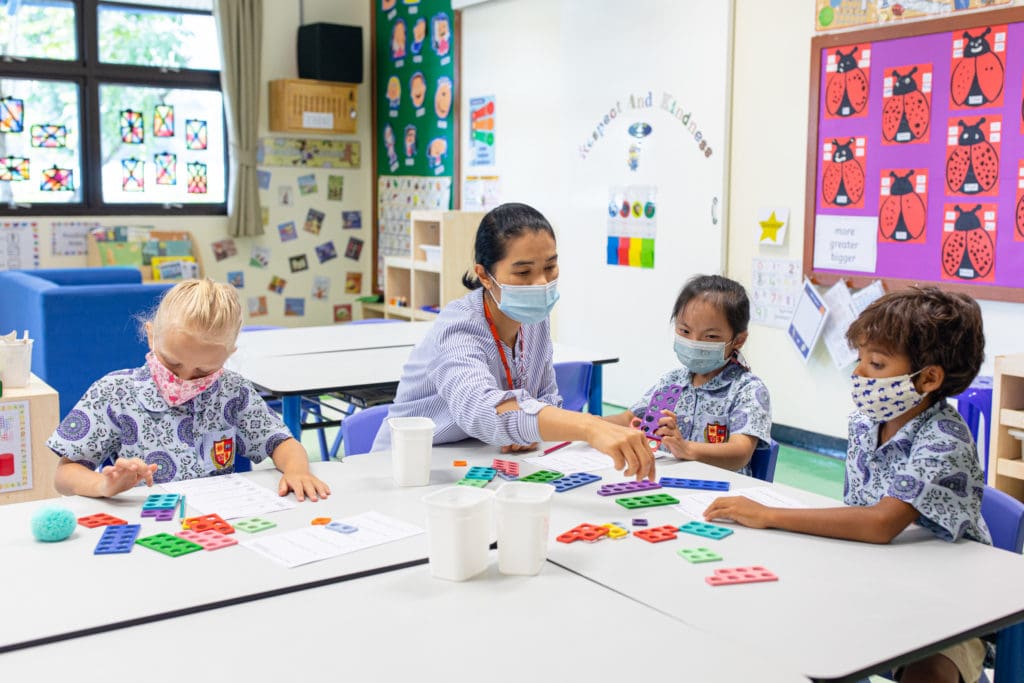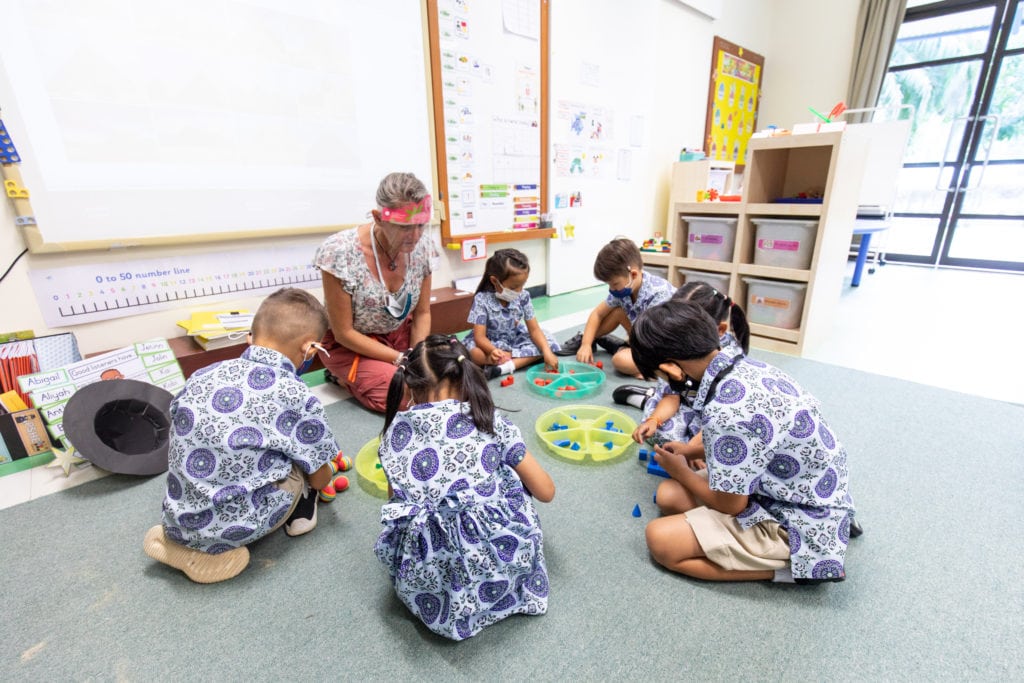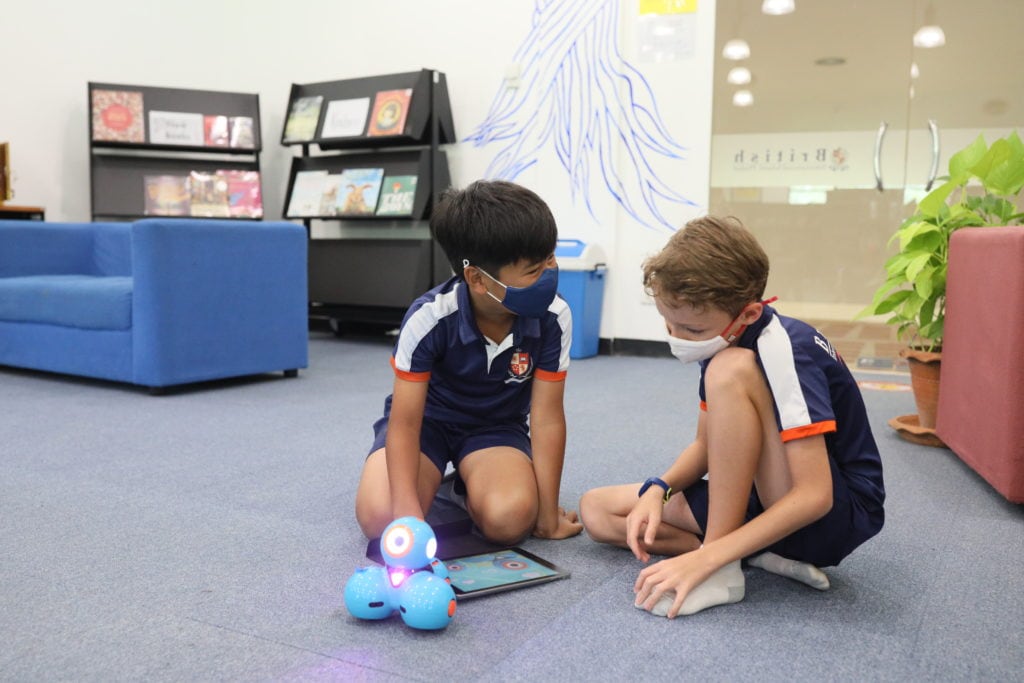What is the best way to help children learn? A seemingly simple question, but the answer largely depends on what you want children to learn.
One model which seems to stretch back to Ancient Greece is the idea of the mind being a blank slate or an empty vessel. The role of the teacher is to write on that slate or fill that vessel. Here, we can imagine the teacher standing in front of a class, desks set individually and facing the teacher to receive information: as Dickens wrote in Hard Times, the teacher being “a kind of cannon loaded to the muzzle with facts,” to share with the students. Despite Dickens’ apparent cynicism, this is in fact a good way of teaching facts.
Facts are important, but only make up a part of what we want children to learn in primary school. The definition of primary education used by UNESCO focuses on “providing students with fundamental skills in reading, writing and mathematics” and “establishing a sound foundation for learning and solid understanding” in terms of knowledge and personal development.
We can see from this that learning in primary schools should include not only the acquisition and development of knowledge but also skills and understanding. Whilst the learning of knowledge can come from the model outlined above, the learning of skills comes more from incremental practice, where the role of the teacher is to explain, model, guide and motivate the children through a series of steps, and to provide regular opportunities for practice. Depending on the skill being learnt, this practice might be best done individually, for example, handwriting, or in groups like interpreting a text. Further skills related to personal development such as learning to work with others are often best done in a group.
In order to best teach both knowledge and skills, the teachers at BISP take advantage of both these methods – direct teacher instruction and individual, paired and group work.
Learning is frequently active. This is not only helpful in terms of practising skills but also in learning and deepening understanding. An ancient Confucian saying has it: “I hear and I forget. I see and I remember. I do and I understand”. As we move learning beyond memorisation towards understanding, we move from the student being a passive to an active learner.
For as Plutarch told us 2000 years ago, “The correct analogy for the mind is not a vessel that needs filling, but wood that needs igniting”. And at BISP, we are committed to igniting that flame.



